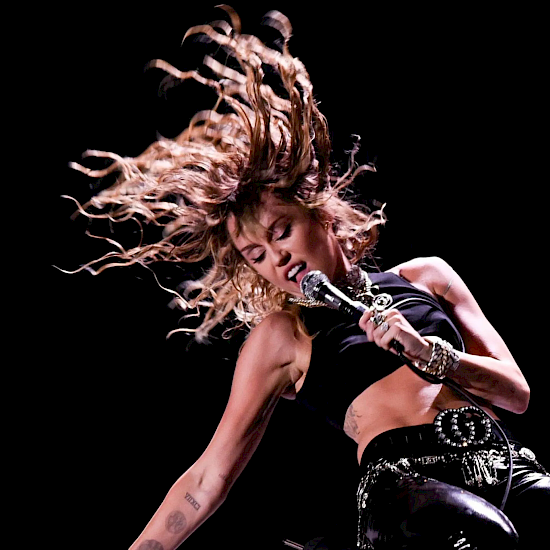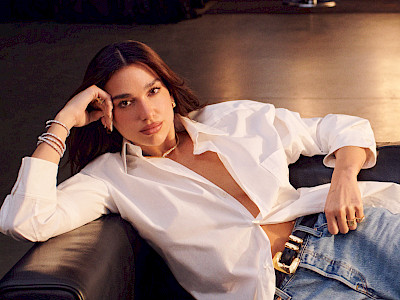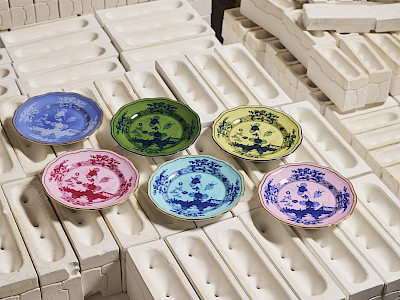
On January 13,2023, Miley Cyrus released the music video for her lead single “Flowers” from her upcoming eighth studio album - endless summer vacation. The song is dedicated to her failed marriage with the actor Liam Hemsworth and coincidentally, it was released on his birthday. In “Flowers”, Cyrus expresses that initially she did not want to leave the relationship but eventually realized that she was better off being alone. The dreamy and percolating song quickly gained popularity, becoming a massive commercial success, and breaking numerous records. In its first and second weeks, it became Spotify’s most streamed song, surpassing the previous record. “Flowers” also reached one billion streams on Spotify in just 112 days, making it the fastest song in the platform’s history to achieve this milestone. The song debuted at the top of the billboard global 200 list and peaked at number one in 43 countries, including the US and the UK. The empowering chorus of “flowers” is expected to resonate with listeners and become an anthem for strength and independence. Boys and girls are dancing to the track, promoting self-love, and refusing to dwell on the end of a relationship.
"I had a point to prove that I was my own person and not a character I had been playing. I always think an interesting life makes for interesting story telling."
How would you describe your artistic growth and evolution from your Hannah Montana days to your current music?
It was a case of having to evolve. Hannah Montana was so big, she was far bigger than me. I can remember thinking to myself that I would never amount to the success that was Hannah Montana. That was looking back why I tried too hard to distance myself from her.
Can you walk us through your decision to transition from being a Disney Channel star to pursuing a more mature and provocative image?
The reality was that I was creating attention for myself by being provocative and trying to distance myself from the character. By nature, I am not an attention seeking person–but I had a point to prove that I was my own person and not a character I had been playing. I wouldn't erase any part of my story or my transition–I always think an interesting life makes for interesting story telling.
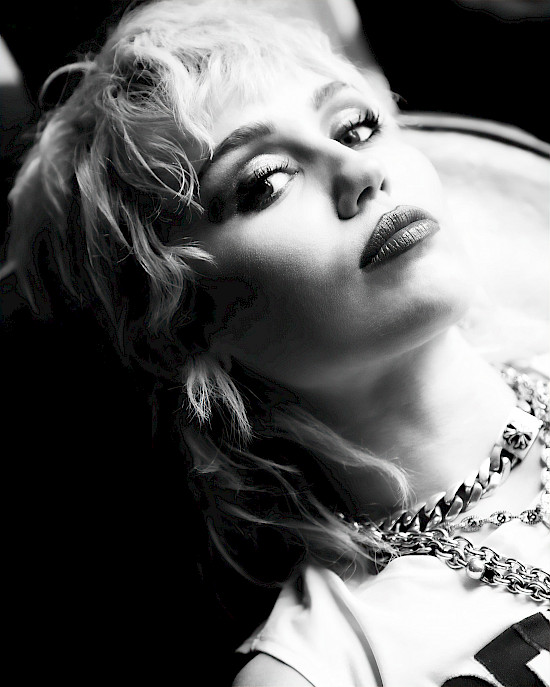
Your music often explores themes of freedom and self-expression. How have these values influenced your career choices and shaped your creative process?
True freedom and self-expression are when we draw on our own life experiences and not being pressured by industry standards. That can take time and I think for me, it is something that has come with age, where I can now say, "No, that isn't me. I'm not comfortable doing that."
In recent years, you have been open about your experiences with mental health. How has this journey affected your music, and what do you hope to achieve by sharing your struggles with your fans?
For me, it is really important to be open and honest with my fans about my mental health struggles, depression, and I know that it has encouraged some of them to get help with the issues they may be facing. That gave me a real purpose, a reason to get up in the morning. When you are open and honest, that becomes a part of who you are and organically that is going to be reflected in your song writing and storytelling.
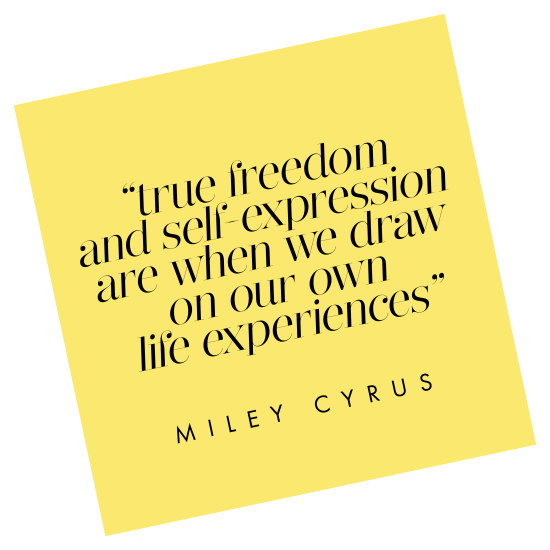 Your performances are known for pushing boundaries and being controversial. What drives you to challenge societal norms in your artistry, and what do you hope to achieve by sharing your struggles with your fans?
Your performances are known for pushing boundaries and being controversial. What drives you to challenge societal norms in your artistry, and what do you hope to achieve by sharing your struggles with your fans?
Pushing boundaries for the sake of pushing boundaries is pointless–you have to do so only if you like it and by pushing them you are going to make authentic music your fans will love. Dolly Parton is my godmother, and she pushed boundaries by making country music sexy. Not because it was some gimmick, because that is who she was. She has always taught me to stay true to myself.
Your lyrics often draw from personal experiences and relationships. How does your vulnerability contribute to your songwriting process, and what do you hope listeners take away from the authenticity of your music?
When I write a song, I try to be as descriptive as possible. Most songs stem from a moment in time or an event that happened. The more you draw on real-life experiences and put in as much detail as possible, the more authentic is a song you are going to end up with. I almost want my fans to feel like I am talking just to them when they listen to one of my songs.
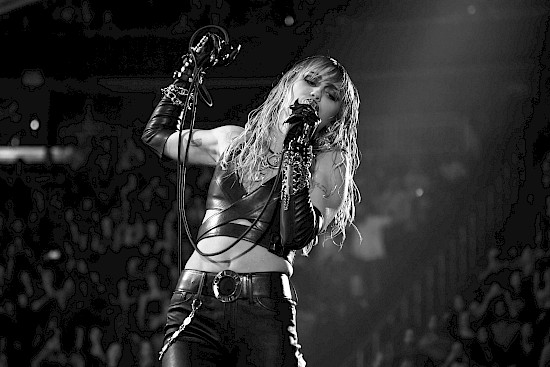
As a multi-talented artist, you have explored various creative fields, such as acting, hosting, and fashion design. Are there any other artistic endeavours you aspire to pursue in the future?
As long as it feels authentic and like something that fits with what I am trying to stand for, I am always open to listening to new ideas.
Throughout your career, you have faced controversies and public scrutiny. How do you handle criticism, and how do you use it as an opportunity for personal and artistic growth?
Criticism and scrutiny are inevitable in the industry, but what struck me the most was the criticism I received as a child. Being a young artist in the spotlight, I faced harsh judgement from adults. Now, I realise how wrong it was and taught me to never pass judgement on children.
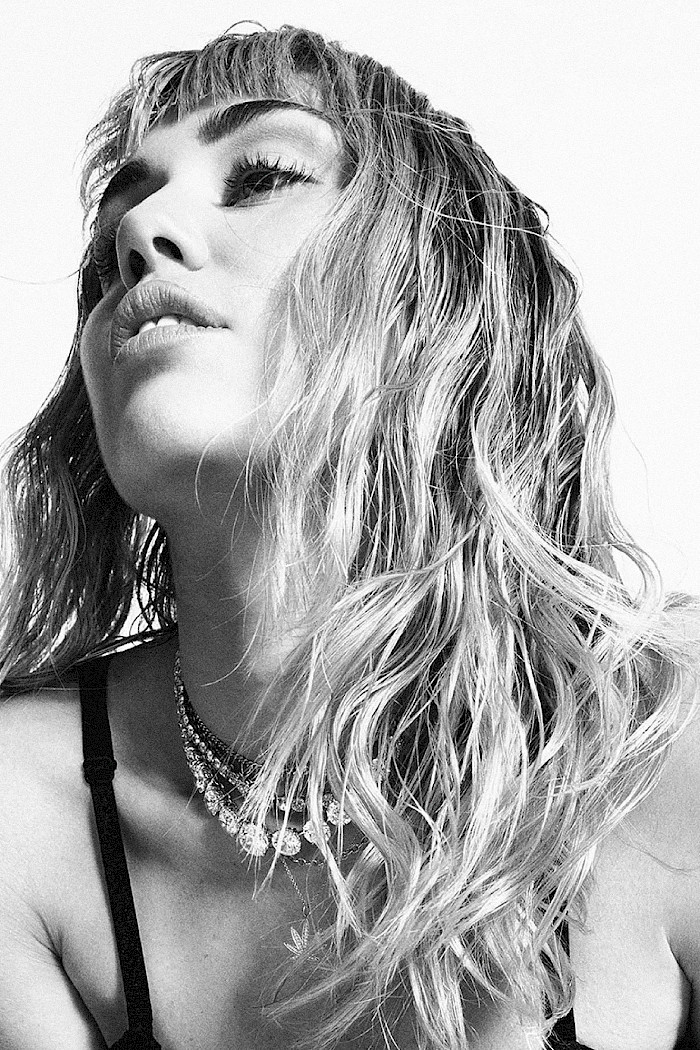 |
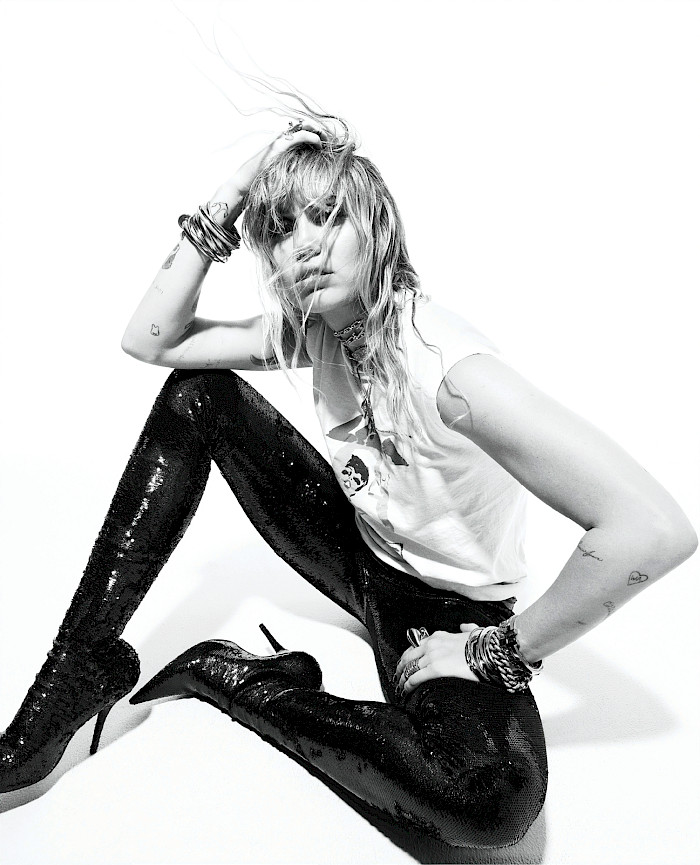 |
"I almost want my fans to feel like I am talking just to them when they listen to one of my songs."
Looking ahead, what are your aspirations for your music and overall career? Is there a particular legacy you hope to leave behind?
When I look at one of my idols Debbie Harry, I’m inspired by the path she paved for artists, creating something that never existed before. I want to be known as somebody that created something that didn't quite exist before or that people didn't know they wanted. Not just for me, but to lay a stone down for future artists to do something special.
Can you tell us about the inspiration behind your song "Flowers"? What message or emotions did you intend to convey through this song?
Initially, the lyrics for the song were different. It was a sad song that touched on heartbreak. I wrote it in a really different way. The chorus was originally: “I can buy myself flowers, write my name in the sand, but I can’t love me better than you can.” However, I decided I wanted the lyrics to be about winning rather than wallowing, so I shifted the perspective. It is a bit of a “fake it till you make it” song, which, to be honest, I am a big fan of.
What is your personal life motto, and how has it influenced your decision- making and actions throughout your career?
I constantly say the minute I stop making mistakes is the minute I stop learning. I have continuously tried to learn from my mistakes in order to become the artist I always truly wanted to be. That's why I said I wouldn't erase any part of my story. I am obviously not saying that I have got everything right, but it's all been part of the journey to make me the artist and person I am today.
